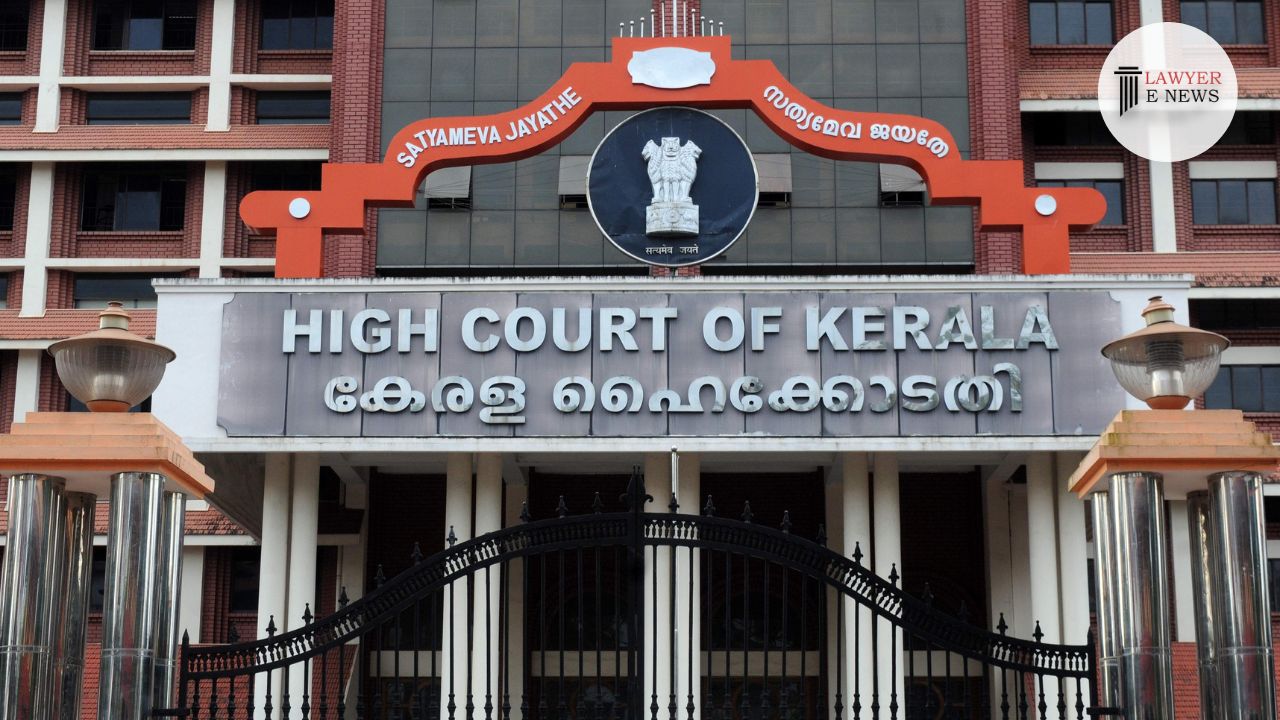-
by Admin
19 February 2026 3:14 PM



In a significant ruling that clarifies the legal provisions relating to motor vehicle accidents causing death, the Kerala High Court dismissed an appeal challenging the conviction under Section 304A of the Indian Penal Code (IPC). The appellant, Renjith Raj, was initially tried for an offense under Section 304 IPC but was eventually convicted for rash and negligent driving leading to death, under Section 304A IPC.
The judgment, delivered by Justice P.G. Ajithkumar, sheds light on the application of law in cases involving death due to negligent driving. “Every court, while framing a charge in cases of death involving the use of motor vehicles where a final report alleges an offense under Section 304 IPC, is obliged to apply mind and decide whether an alternative charge for an offense punishable under Section 304A is also to be framed,” the Court observed, emphasizing the judicial responsibility in such cases.
The case stemmed from an incident on 8th November 2014, where the appellant, driving a bus on Ernakulam Paramara Road, reportedly hit the handrails, resulting in the death of a pedestrian, Sri Velayudhan. The trial court’s conviction was based on substantial eyewitness testimonies and evidence presented, including the immediate identification of the appellant as the bus driver and dismissal of his defense regarding a mechanical defect in the bus.
The appellant’s contention that his conviction under Section 304A IPC was illegal, given the initial charge under Section 304 IPC, was robustly addressed. The High Court referred to various precedents and legal provisions, particularly focusing on the interpretation of Section 221 of the Code of Criminal Procedure, to conclude that the conviction was legally sound.
Date of Decision:16 January 2024
RENJITH RAJ VS STATE, REPRESENTED
